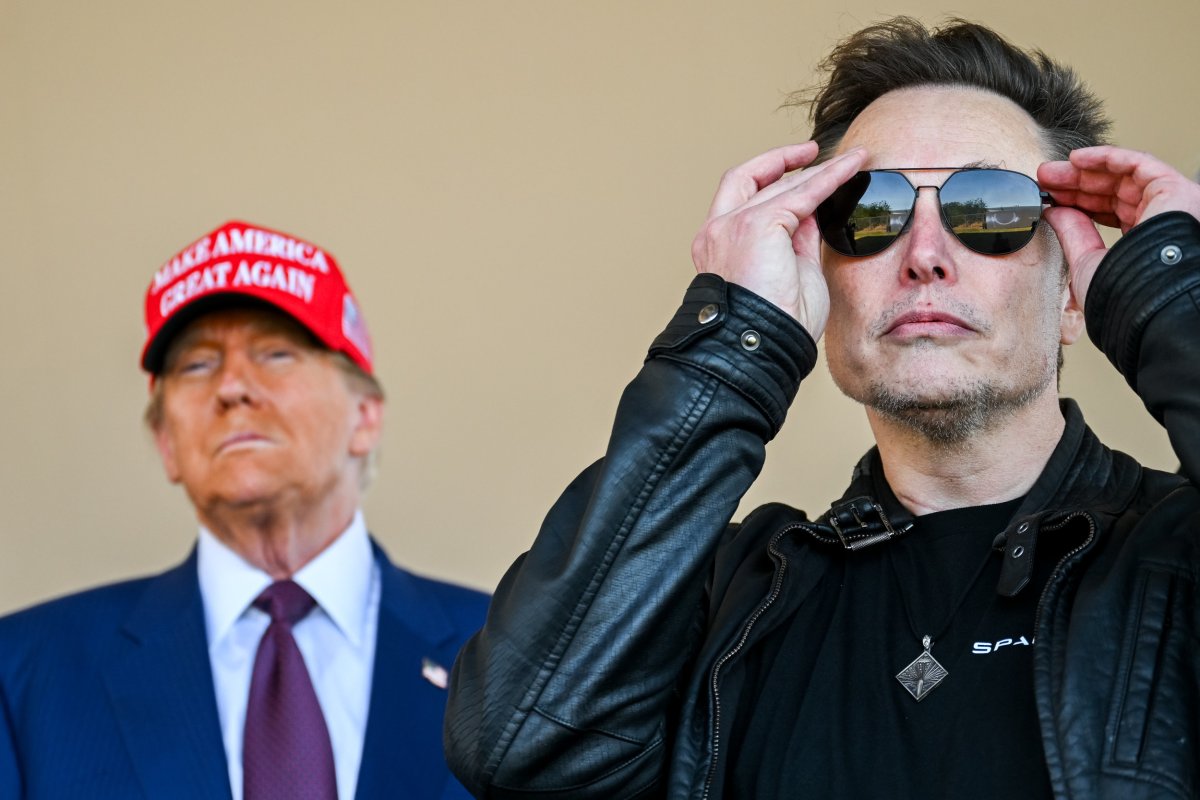A former Federal Communications Commission (FCC) Director, Blair Levin, has expressed concerns about Elon Musk’s potential conflict of interest in shaping internet access for underserved regions through his satellite company Starlink, now that he is heading the Department of Government Efficiency (DOGE) program.
Musk, appointed by President-elect Donald Trump to co-lead a commission aimed at downsizing the federal government, the DOGE, may seek to reduce funding for rural broadband in a move that could benefit Starlink, according to reports.
In response to the idea that Musk could leverage DOGE for personal gain and undermine funding for rural broadband services to benefit Starlink, Levin, a telecommunications industry analyst, called the situation “unprecedented.”
“We have never had a situation where the leading shareholder of a communications company has both a position—both in terms of influencing the president, but also having an assignment to drive efficiency in government—with so many government contracts,” said Levin, a U.S. lawyer formerly with the FCC, who served as the executive director of the National Broadband Plan from 2009 to 2010.

Brandon Bell/Getty Images
The Space-X founder and CEO has been an outspoken critic of the Biden administration’s Broadband Equity, Access, and Deployment (BEAD) Program, which allocates $42.45 billion from the Bipartisan Infrastructure Bill to expand high-speed internet access in rural areas, The Guardian reports.
“That is an extraordinary situation. That is unprecedented,” he added, as reported by The Guardian, noting that Levin suggested, “Trump could order BEAD funding to be withheld indefinitely as soon as he takes office, even though Congress has authorized the funding.”
Starlink has largely been excluded from this funding due to government assessments that its services are too slow to meet program criteria.
By advocating for cuts to government investments in rural fiber-optic broadband—a stance Musk has promoted—he could directly enhance the market value of Starlink’s satellite-based services.
Musk has criticized the $42.45 billion currently allocated by the U.S. for rural internet as inefficient. His company, Starlink, could profit significantly if those funds were reduced or redirected, The Guardian said.
Starlink has grown exponentially since its inception, currently surpassing 4 million subscribers, according to The Register.
However, as reported by The Guardian, in 2022, “the FCC rescinded a $900-million grant from the Rural Digital Opportunity Fund to Starlink to connect rural communities to the internet, citing its failure to meet the speed and latency standards and declining network performance.”
In response to a post on X, formerly Twitter, about this, Musk responded: “Doesn’t make sense. Starlink is the only company actually solving rural broadband at scale! They should arguably dissolve the program and return funds to taxpayers, but definitely not send it those who aren’t getting the job done.
“What actually happened is that the companies that lobbied for this massive earmark (not us) thought they would win, but instead were outperformed by Starlink, so now they’re changing the rules to prevent SpaceX from competing.”
Newsweek contacted the FCC for comment via email on Sunday.
